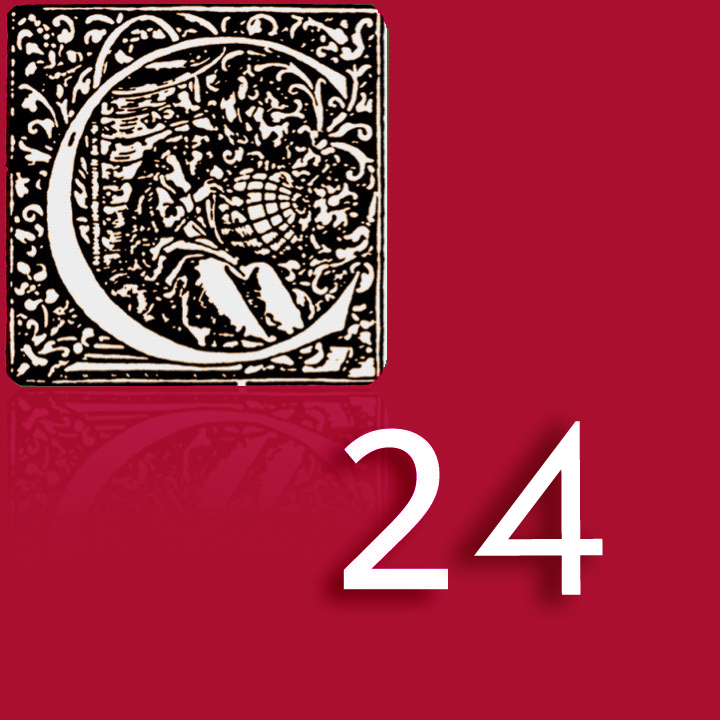Micro-History and Psychoanalysis: Ginzburg discusses the clinical case of the Wolf man of Sigmund Freud
DOI:
https://doi.org/10.23925/1980-7651.2019v24;p83-98Keywords:
Micro-history, Psychoanalysis, Carlo Ginzburg, Wolf manAbstract
In search of a fruitful relationship between Psychoanalysis and History, this article aims to evaluate how Carlo Ginzburg, throughout his intellectual and academic career, discussed Psychoanalysis in the light of Micro-History. Thus, the work of Ginzburg Mitos, emblemas, sinais: morfologia e história was a rich source for this search. In the chapters Sinais: raízes de um paradigma indiciário and, especially, Freud, o homem dos lobos e os lobisomens, Ginzburg critically discusses Freud`s interpretations on his most important clinical case, a Russian patient named Serguei Constantinovitch Pankejeff (1887-1979), known as the Wolf man. Ginzburg recognizes the magnitude of Freud’s work, but he shows its limitations indicating that the author did not sufficiently consider his patient’s cultural background and gave a greater focus on individuation. Also, Ginzburg allowed demonstrating in his work the importance of Psychoanalysis in the development of the evidentiary paradigm concept, which is fundamental to Micro-history.Downloads
Published
2019-10-30
How to Cite
Gomes, R. M. M. (2019). Micro-History and Psychoanalysis: Ginzburg discusses the clinical case of the Wolf man of Sigmund Freud. Circumscribere International Journal for the History of Science, 24. https://doi.org/10.23925/1980-7651.2019v24;p83-98
Issue
Section
Original Articles


.png)
